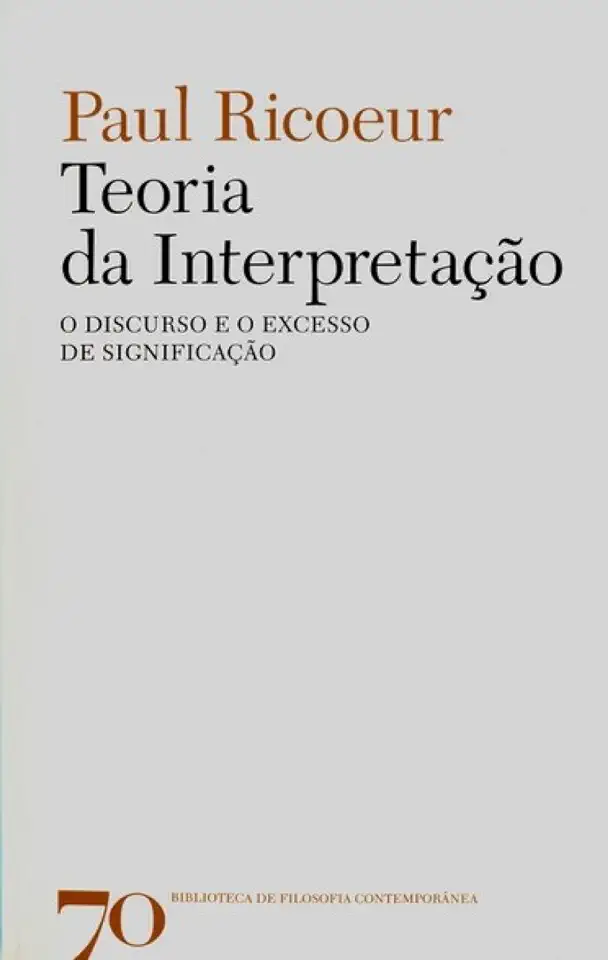
Interpretation Theory - Paul Ricoeur
Interpretation Theory: Discourse and the Surplus of Meaning
In his seminal work, "Interpretation Theory: Discourse and the Surplus of Meaning," Paul Ricoeur delves into the complex and fascinating realm of interpretation, exploring the ways in which we make sense of texts, symbols, and human experience. With a profound understanding of hermeneutics, Ricoeur argues that interpretation is not merely a mechanical process of decoding, but rather a creative and transformative act that generates new meanings and insights.
Unveiling the Surplus of Meaning
At the heart of Ricoeur's theory lies the concept of the "surplus of meaning." He contends that texts and symbols contain an inherent richness and ambiguity that exceeds the intentions of their authors. This surplus of meaning invites interpreters to engage in a dynamic process of understanding, drawing upon their own experiences, cultural contexts, and interpretive frameworks.
The Hermeneutical Circle
Ricoeur introduces the notion of the "hermeneutical circle" to illustrate the iterative nature of interpretation. This circle involves a continuous interplay between the parts and the whole, as interpreters move back and forth between the specific details of a text and the broader context in which it is situated. Through this process, interpreters gradually deepen their understanding and uncover the multiple layers of meaning embedded within the text.
Symbol and Metaphor
Ricoeur places significant emphasis on the role of symbols and metaphors in human understanding. He argues that symbols are not mere decorative elements, but rather condensed expressions of complex ideas and emotions. Metaphors, on the other hand, are linguistic devices that allow us to grasp abstract concepts by relating them to more familiar experiences. Ricoeur's analysis of symbols and metaphors provides a powerful lens for interpreting literary texts, artworks, and everyday communication.
The Ethics of Interpretation
Ricoeur extends his theory of interpretation beyond the realm of textual analysis into the ethical sphere. He argues that interpretation is not a neutral activity, but rather a process that involves moral and ethical considerations. Interpreters have a responsibility to engage in responsible and ethical interpretation, taking into account the potential consequences of their interpretations and respecting the integrity of the texts and symbols they are interpreting.
Conclusion
"Interpretation Theory: Discourse and the Surplus of Meaning" is a profound and influential work that has revolutionized our understanding of interpretation. Ricoeur's insights into the hermeneutical circle, the surplus of meaning, and the role of symbols and metaphors have had a profound impact on fields ranging from literary criticism to philosophy, theology, and social sciences. This book is a must-read for anyone interested in exploring the complexities of human understanding and the transformative power of interpretation.
Enjoyed the summary? Discover all the details and take your reading to the next level — [click here to view the book on Amazon!]